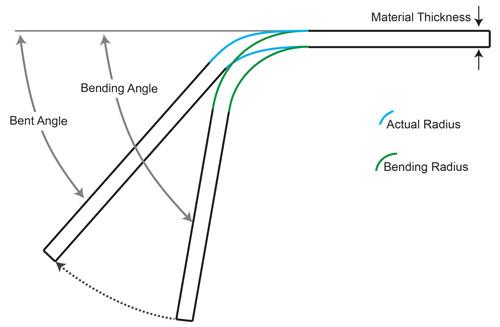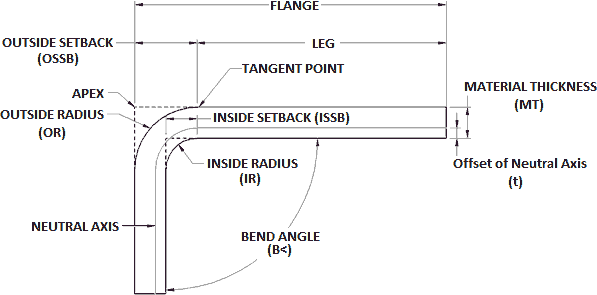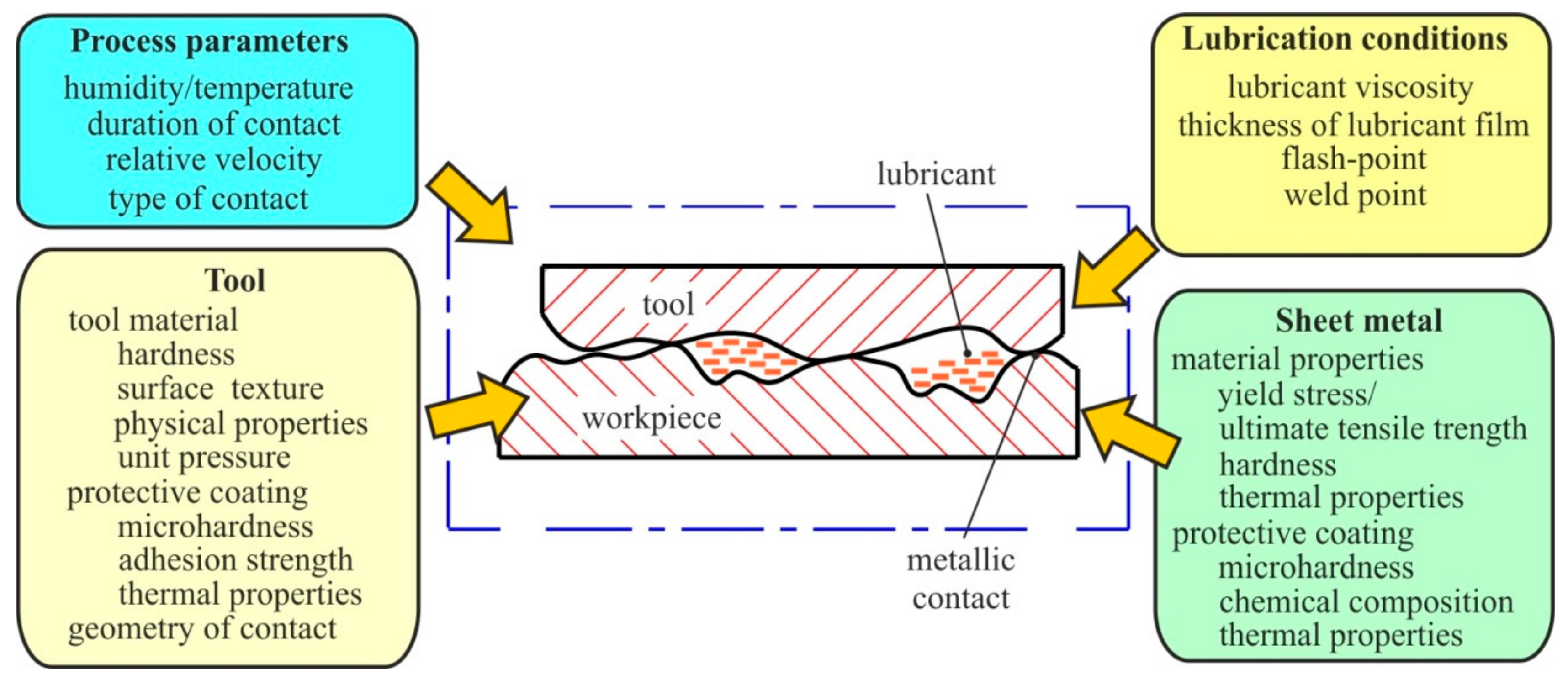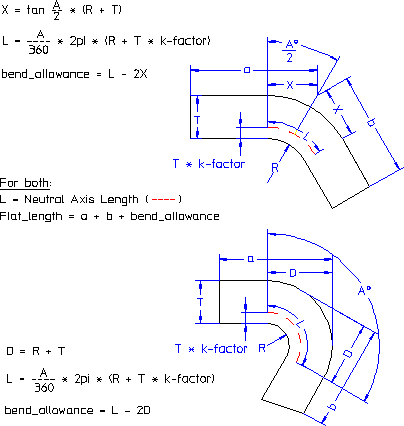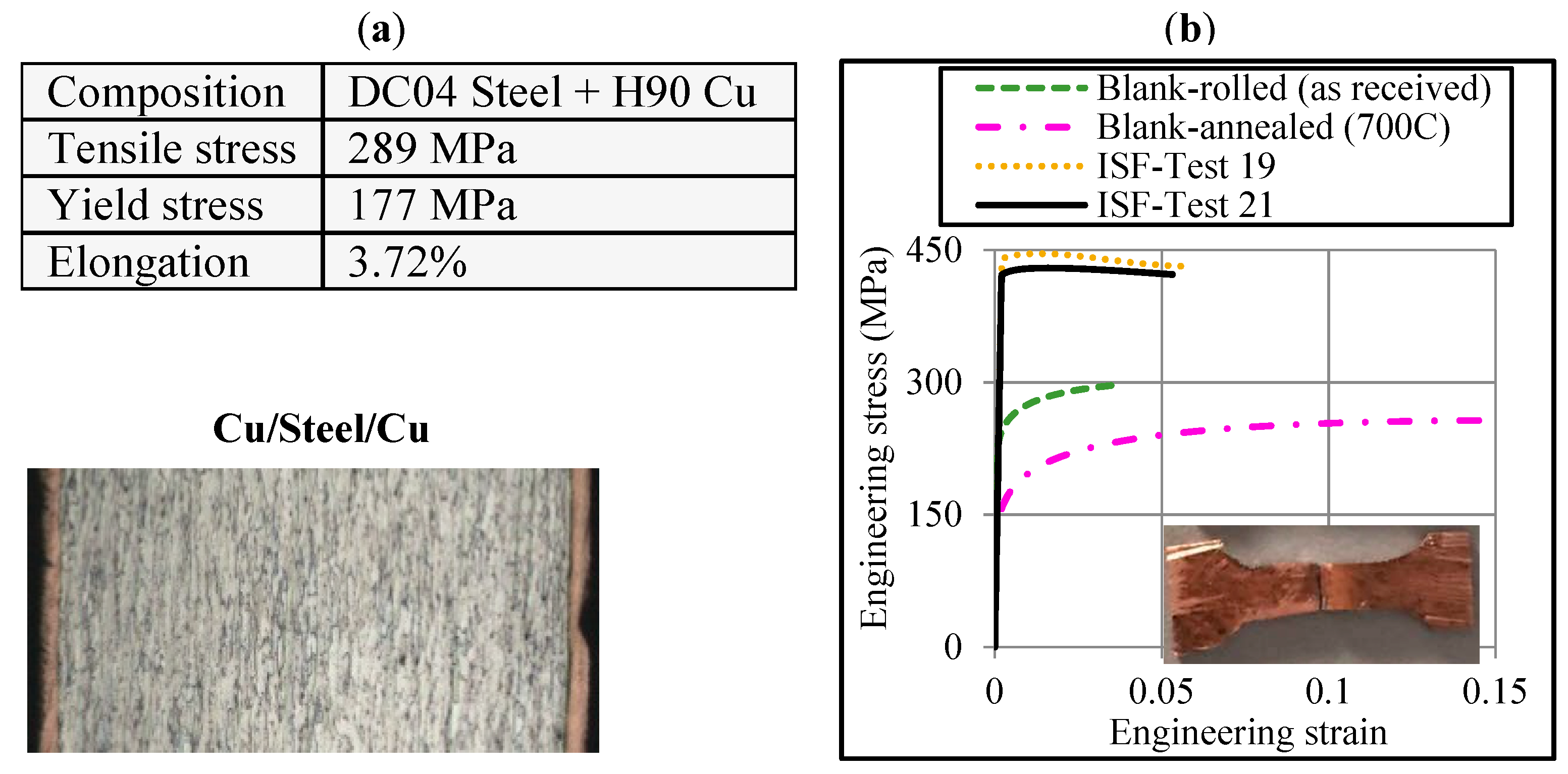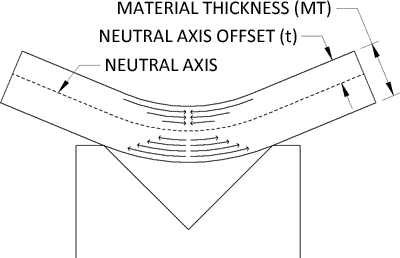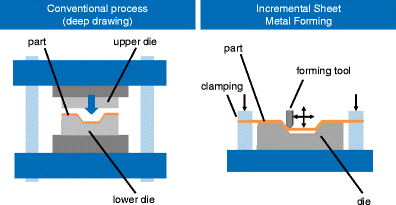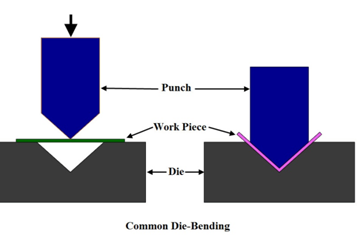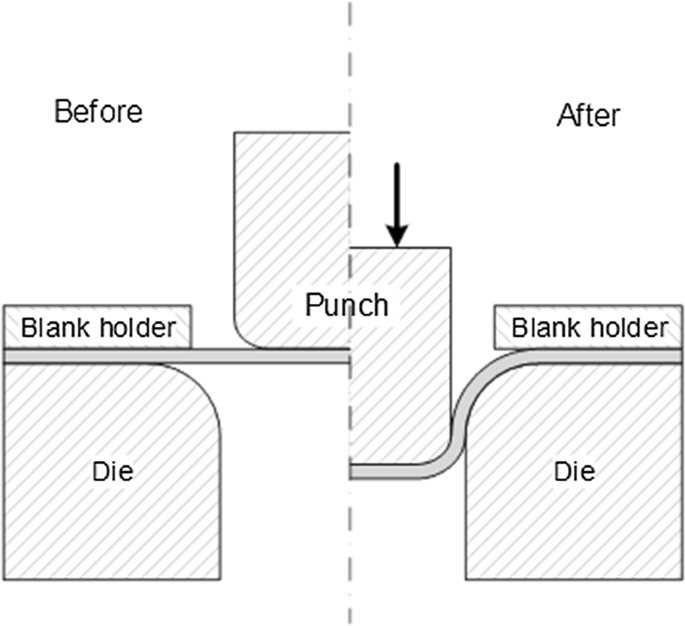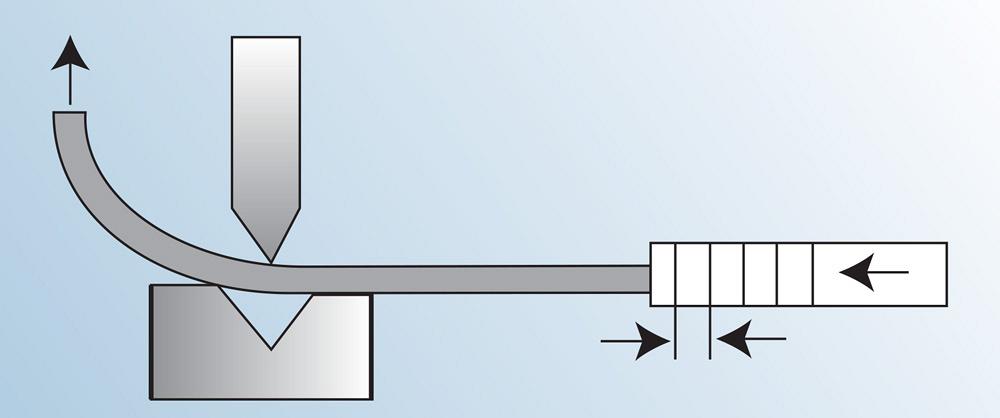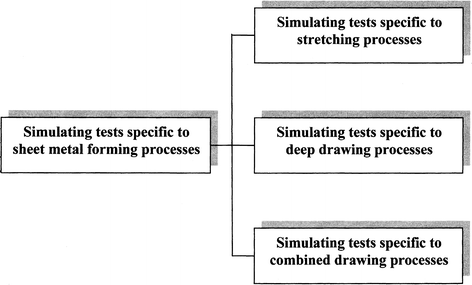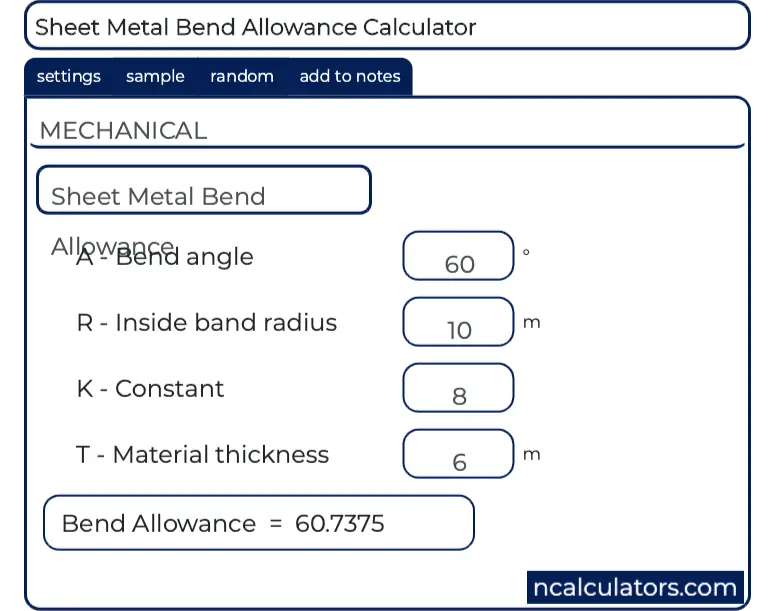Finding Deformation Of Sheet Metal

Cells on the right will output the desired values.
Finding deformation of sheet metal. You can approximate y x the equation of the elastic curve as a function of x by the following differential equation. Usually the initial shape is a simple one. It is a type of bending operation in which a piece of sheet metal is fixed or held between two dies from one end as shown in the fig. This is done through the application of force on a workpiece.
The samples were dog bone structures to. You need to first find the generalized moment equation m at all locations along the beam as a function of position x. You only have to insert interior angle flange lengths k factor inside radius and material thickness. I the resolved shear stress varies with grain orientation.
Then the other end is forced to strike upon the punch which is free or unfixed. Deformation can be reduced although not prevented entirely by paying attention to. Bending of sheet metal is a common and vital process in manufacturing industry. Also known as press braking flanging die bending folding and edging this method is used to deform a material to an angular shape.
2 sheet deformation processes 14 2 1 introduction 14 2 2 uniaxial tension 14 2 3 general sheet processes plane stress 16 2 4 yielding in plane stress 17 2 5 the flow rule 22 2 6 work of plastic deformation 24 2 7 work hardening hypothesis 25 2 8 effective stress and strain functions 26 2 9 summary 27 2 10 exercises 27. Bending is one of the most common sheet metal fabrication operations. Sheet metal bending is the plastic deformation of the work over an axis creating a change in the part s geometry. Deformation or ductile behavior.
Deformation processes are important in transforming one shape of a solid material into another shape. Similar to other metal forming processes bending changes the shape of the work piece while the volume of material will remain the same. The force must exceed the material s yield strength to achieve a plastic deformation. Deformation in a polycrystalline metal causes considerable structural changes.
How the metal handles this stretching and compression determines the extent of deformation. Materials and methods 2 2 uniaxial tension for this section of the laboratory experiment a metal cu 99 3 and three metal alloys α brass 64 5 cu 35 zn 1 pb aluminum 6061 and steel 1045 were subjected to uniaxial tension using the instron model 4505. Polycrystalline metal shows the following characteristics. With this free online tool we quickly get the sheet metal bend deduction and therefore the sheet metal blank initial flat length from the finished part measurements.
Double integrating to find deformations of beams. Thus the free or unfixed edge of the sheet metal piece is bent to make the forming process.

